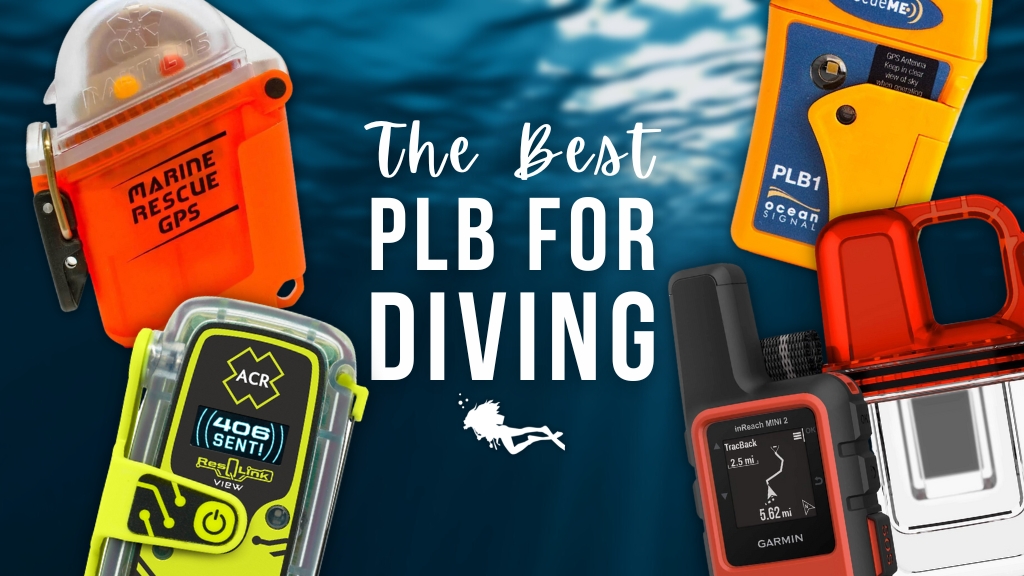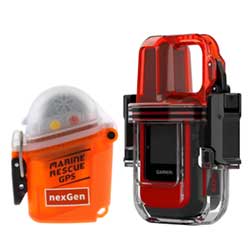There are really three different major systems: Two of them communicate with satellites, and one communicates with (relatively) nearby ships/boats or coastal/land stations. Which YOU need depends on your own needs and druthers; each of the three systems has its pros and cons.
The two satellite-based systems are a PLB (Personal Locator Beacon) and a Satellite Messenger.
The PLB is a government-run system that sends your distress message to a Coast Guard-like facility which then dispatches help to your location. How it works internationally depends on the country where you are; some "coast guards" are more responsive and better equipped than others. Once you purchase and register your PLB, there are no more recurring costs. The actual search and rescue mission that answers your distress call may or may not be free. The PLBs must be put in a waterproof canister for use in scuba.
The Satellite Mesnger has several variants. the most popular for divers is the Garmin InReach Mini, which has a small waterproof case you can use; no canister needed. its distress message goes to a private, commercial opeation that initiates a rescue operation, possibly via the same Coast Guard that the PLB contacts. You can also send messages with the InReach, for example to family. There is a subscription fee for the Satellite Messengers.
It is important to note that the satellite-based systems are essentially global in coverage, although the actual local response to your distress call will be local and can vary in quality and speed.
There arel also some satllite bsed systems that have only regional coverage, but these a re not popular with divers.
The short-range ship and coastal-based system does NOT use satellites, and is limited in range to line-of-sight or slightly better, perhaps 50 km maximum distance to a really good and high antenna on a shore station, but typically 5-10km at most. They use VHF radio (like marine radio) and are package for divers kn a waterproof case. The Nautilus Lifeline is the most common. You push a button on it and a distress call is sent first to "your" boat that is programmed into the device, and then later to any boat in the vicinity that might hear you. This is a very efficient way to get help....but if you are not near shore or a suitably equipped ship, there is no one to hear you and help. There is no cost to these devices once you purchase them.
So what do YOU need? What is your use case? Nothing is perfect. You can carry more than one, of course.
Some reading, but be careful...some folks tend to call everything a PLB, which is not correct.
Carrying a PLB could save your life. But what is a PLB, and which is the best PLB for diving? We compare Garmin, Nautilus, and other options!

www.girlsthatscuba.com
The Garmin inReach Mini 2 uses the Iridium satellite network to provide two way SMS text messaging and interactive SOS alerts with GPS position from any location on the globe and requires a paid subscription. The Nautilus Marine Rescue GPS sends a digital distress message with your GPS...

www.divegearexpress.com
Learn about Personal Locator Beacons (PLBs) for scuba diving. A divers guide to choosing, using, and maintaining a PLB for dive safety.

scubatechphilippines.com






